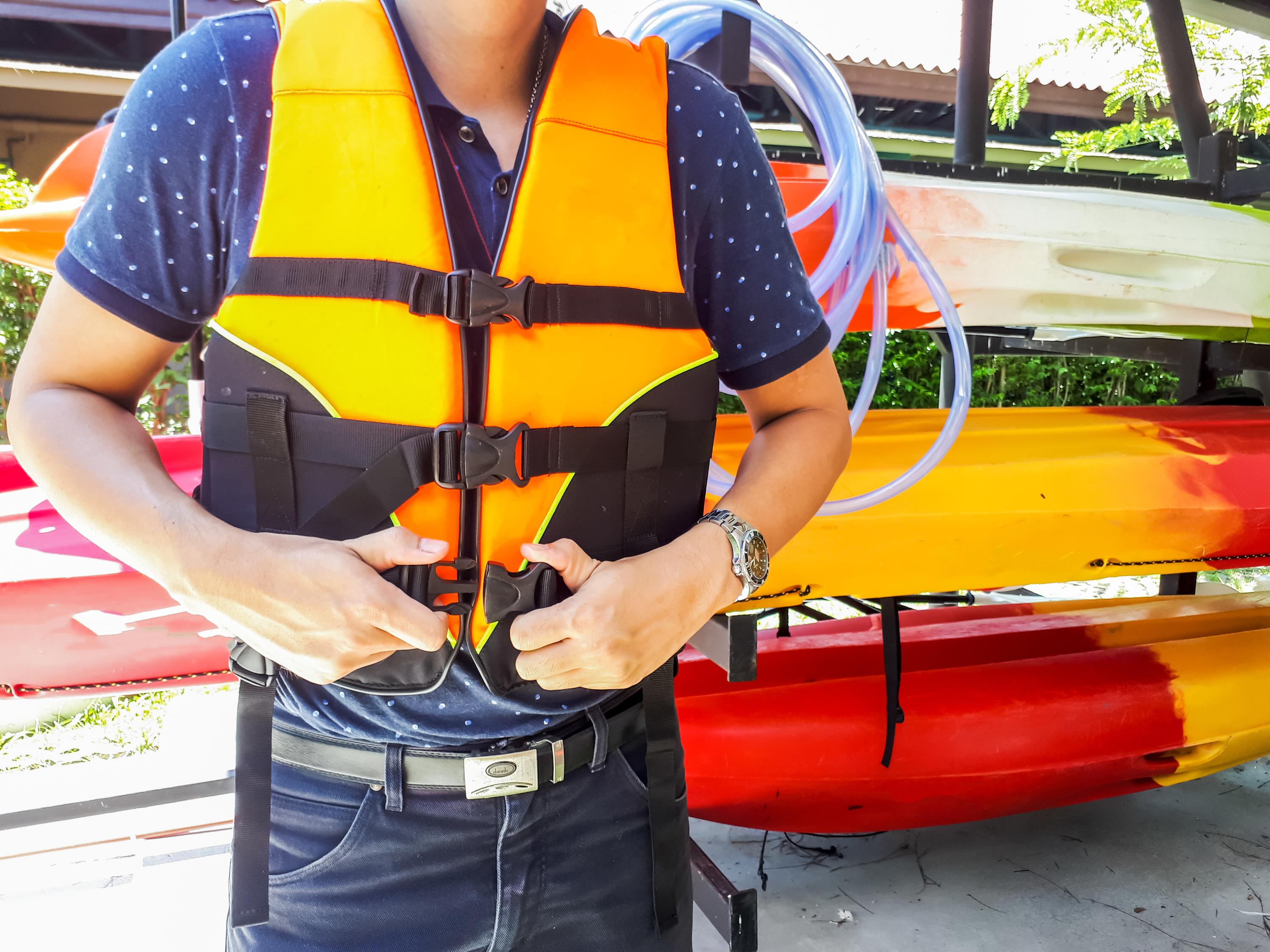
Full Text/Original Article: Boating Times LI
Those of us who have been around boats for a while regard safety precautions and smart maneuverability as second nature. However, our non-boating friends and family don’t always possess the same instincts that we do around slippery and moving surfaces, leading to avoidable accidents at the dock and on the water. Skippers should make it part of their pre-departure safety routines to familiarize newbies with boating basics.
You may want to begin the dialogue with new boaters even before they arrive dockside. When making plans, remind friends to apply sunscreen before arrival and bring appropriate clothing to shade themselves from the sun. (While you’re on the subject of clothes, request that they wear non-marking shoes!) Good sunglasses are also a must — those who haven’t been on a boat may underestimate the power of the sun’s rays as reflected off the water and fiberglass.
After everyone’s aboard, have them stow what they’ve brought to avoid anything flying around the cabin or off the deck. Point out where the life jackets are and explain how to wear them. Find out who cannot swim, explain what the law says about wearing life jackets, and explain your vessel’s additional rules. Show everyone where the first aid kit is kept and acquaint them with its contents. If your boat has a head, make sure guests know how to operate it. Most importantly, tell them what not to put into it!
Demonstrate how passengers may help with the lines and fenders. Tell them under what circumstances you expect them to pitch in, or point out where to sit if you don’t require their help. Emphasize the importance of never putting any part of his or her body between the boat and the dock when coming alongside or fending off. New-to-the-water friends may not realize how much a boat can move around, so they should be instructed to stay seated while underway. Advise them to use rails and other solid hand-holds if they have to stand while the boat is in motion.
Inform your guests that everyone aboard has a responsibility to look after each other. If someone falls overboard, alert the captain immediately while keeping the overboard passenger in sight. Remind them to not panic if they are the one in the water - remain calm and keep eye contact with the boat, but never approach to reboard until the captain has shut down the engine and the propellers stop turning.
Along with safety, comfort is also important. Assure guests that it is natural for some people to feel queasy or seasick, and discuss any remedies they’ve brought or that you have aboard. Say that for many people, nausea can be diminished by sitting on the deck (in a shady spot) and maintaining eye contact with the horizon. It can be helpful to give a minimally woozy passenger a task such as, “We’re looking for a red buoy out there ahead and to port for our next waypoint — keep an eye out for it.”
Now, get the excitement going! Share your plans for the day — where you’re heading, how long it will take to get there, and what sights you’ll encounter along the way. You’ll then be able to enjoy watching how thrilled your friends and family are by their boating experiences.